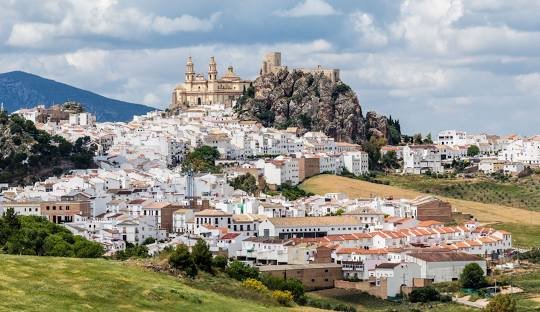A place where Islam and Christianity have rubbed shoulders for more than a millennium, the Andalusian city offers a rich experience of cultural discovery, finds Queenie Shaikh
In the buzzing heart of Córdoba, it’s easy to see why the caliphs of Al-Andalus chose the city as the capital of their western European empire in AD 711. The labyrinthine streets – where buildings stand almost like souks and the aroma of shisha smoke drifts from cozy bars – are more reminiscent of the sunbaked medinas of the Middle East than the boulevards of Madrid or Valencia.

These winding pathways whisper tales of Islamic influence that go back more than a millennium, despite many believing that Muslim integration in the West is a relatively recent concept. It is a confronting topic of discussion, one often driven by world events rather than by the real lives of Muslims in Western society. Islam in Europe isn’t recent at all. In fact, its influence in Córdoba predates many modern European countries as we know them today. Islam observances like Ramadan – the 30-day period of fasting that Muslims across the world observe each year – deserve their place in Europe’s historical canon.
For a month, European Muslims wake before sunrise for suhoor (the pre-dawn meal), fast during daylight hours, then break their fast at iftar (the sunset meal). They come together for spiritual reflection and community activities in mosques across Europe as they do elsewhere in the world. But only Córdoba can reasonably claim to be the birthplace of Ramadan in Europe, the city being the first place it was observed in an organized way. Just a century after the founding of Islam, an army of Arabs and Berbers left Damascus, traversed North Africa, and crossed the Strait of Gibraltar. Their vision was to create a new caliphate that rivalled the centers of Islamic power across Egypt and the Levant.


